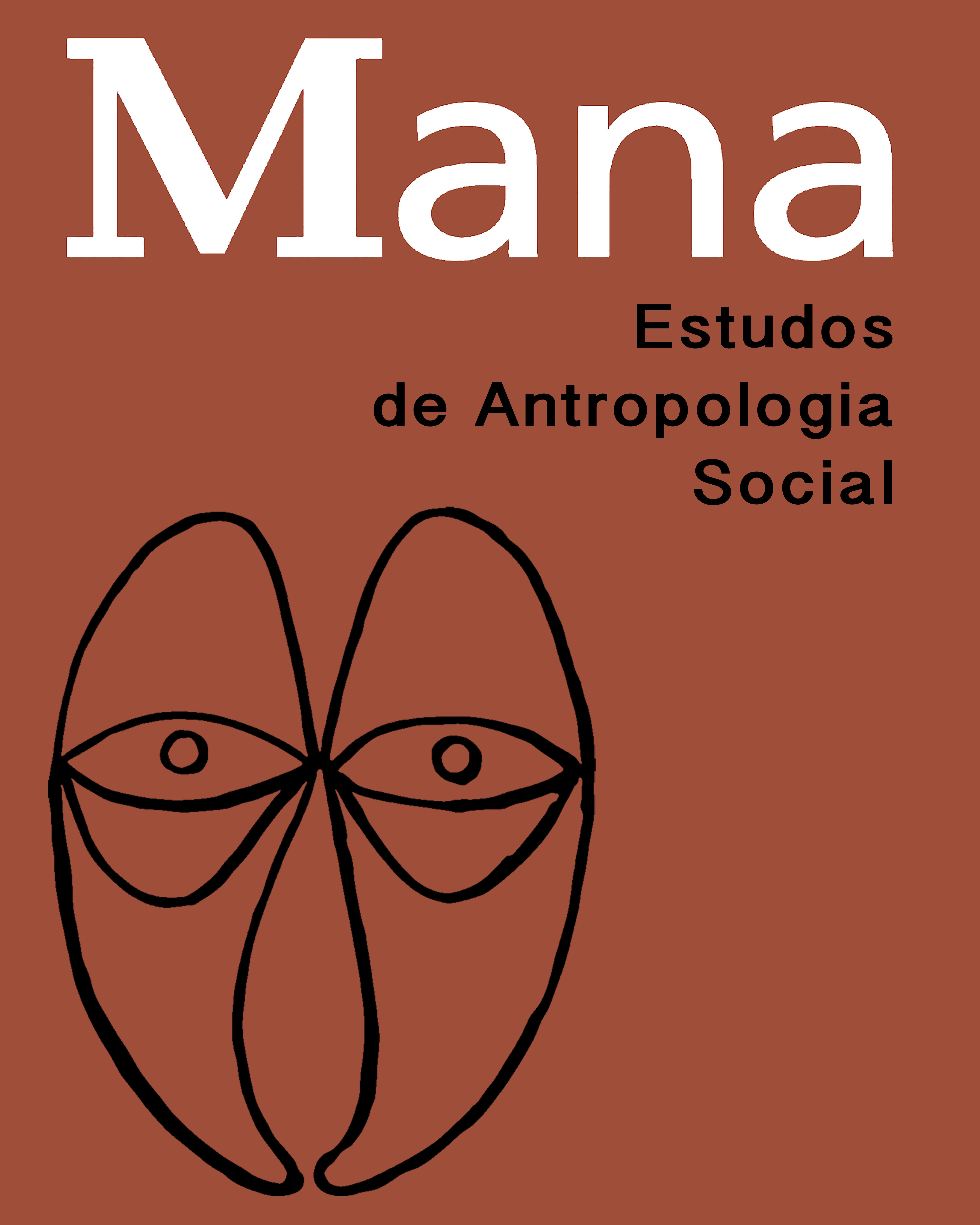Abstract
The article sketches a historical and political overview of the relationship between Indigenous people and the state in Brazil in light of the process of healthcare reform that took place in the 1970s. Based on research and a literature review of this issue, it resumes and problematizes political concepts that underlie the guidelines for participation, as enshrined in the Constitution of 1988 and the Arouca Law of 1999, which established the Indigenous Healthcare Subsystem (SASI-SUS), as well as its counterpart, the effective operational forms of participation. Unlike the national Unified Healthcare System, the Indigenous Healthcare Subsystem gave priority to the federative aspect of administration and the systematic incorporation of the debate on Indigenous healthcare practices and strategies in the realm of daily care within the subsystem, both appropriated by the Indigenous movement. The article affirms that the incorporation of these principles is an important element in relations between the Indigenous movement and the state.
Keywords:
Indigenous movement; healthcare policies; state, participation, healthcare techniques
